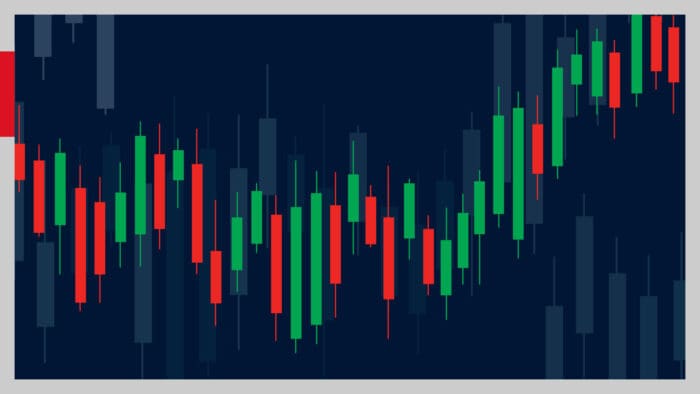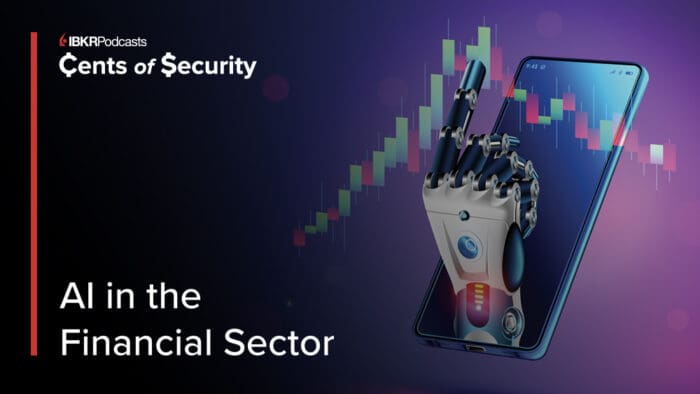For all of Intel’s incredible contributions to computing, the stock is poised to end the year about where it began—but in a worse place.
Intel (ticker: INTC) is now viewed by many investors as having fallen behind rivals, and it draws unfavorable comparisons to Advanced Micro Devices (AMD) and Nvidia (NVDA). Apple (AAPL), which has long used Intel chips in its computers, recently announced that three of its new computers would use Apple-designed chips, a move that seems symbolic of Intel’s decline.
Making matters worse, the stock—now trading at $47.05—is likely to soon come under end-of-year tax-selling pressure. Investors should note that a window is soon closing that can be used to lower its cost basis and even change its risk dynamics.
Without doubt, Intel remains deep in the wilderness. It recently reported underwhelming in-line third-quarter results. Rick Schafer, an Oppenheimer analyst, essentially told his clients that they should not expect much from the company.
“Multiple structural challenges keep us sidelined,” he wrote in a research note.
At the start of the year, the mood wasn’t so bleak. In January, the company reported strong fourth-quarter earnings of $1.52 per share, which exceeded the $1.25 consensus estimate. Revenue of $20.2 billion beat expectations by $1 billion.
A Deutsche Bank analyst reiterated a $72 price target and said that Intel’s guidance, which was cautious at the time, might be too conservative. Other analysts were more nuanced, but most investors focus on bright, shiny news more than on risk factors.
Intel was once one of the most exciting companies anywhere. The company’s chips were seemingly in every device that was changing how we interact with the world. But that was a long time ago. Intel’s stock performance tells the rest of the story.
In some ways, the saga is reminiscent of what was once said about Microsoft (MSFT) before new CEO Satya Nadella remade the company. Few could imagine it was possible to turn around such a large, complex organization, but it was remade, and the stock has thrived ever since.
Similarly, new eyes—and a significant adjustment to the company’s decades-long manufacturing strategy for its most advanced chips—could reinvigorate Intel. Regardless, the stock pays a healthy dividend and is far cheaper than its rivals.
During the past 52 weeks, Intel stock has ranged from $43.61 to $69.29. The peak was realized early in the year on the heels of the strong January earnings report and before the Covid-19 pandemic changed everything. Intel’s stock is down 24% this year, and 22% over the previous 52 weeks.
There is much to be said for selling a poorly performing stock and realizing a loss, but it’s one of the hardest decisions investors face—so they often don’t face it. Most people are optimists who hate to lose money.
But there is another way forward, the “double up” strategy that lets investors keep their stock and position for a rebound at more favorable prices. It entails buying the same amount of stock as one already owns, waiting 31 days, and then selling the original position that was bought at a higher price, thereby lowering the cost basis.
The holding period is critical. The wash-sale rule holds that you cannot sell a security and claim a tax loss if the position is replaced within 30 days. Nov. 30 is thus the last day in 2020 to use the strategy.
By using a call option to double up, an investor can risk less cash on what was a losing position while waiting for a rebound. (Calls give a holder the right to purchase a security at a set time and price.)
Michael Schwartz, Oppenheimer’s chief options strategist, has counseled clients who own Intel stock to double up with Intel’s January $47.50 calls that expire in 2022. If the stock is at $70 at expiration, the calls are worth $22.50. If the stock keeps declining, the trade fails, but less money would be lost than by buying the stock outright.
—
Originally Posted on November 27, 2020 – Intel Stock May Have Hit Rock Bottom. How to Position for a Rally.
Disclosure: Interactive Brokers
Information posted on IBKR Campus that is provided by third-parties does NOT constitute a recommendation that you should contract for the services of that third party. Third-party participants who contribute to IBKR Campus are independent of Interactive Brokers and Interactive Brokers does not make any representations or warranties concerning the services offered, their past or future performance, or the accuracy of the information provided by the third party. Past performance is no guarantee of future results.
This material is from Barron's and is being posted with its permission. The views expressed in this material are solely those of the author and/or Barron's and Interactive Brokers is not endorsing or recommending any investment or trading discussed in the material. This material is not and should not be construed as an offer to buy or sell any security. It should not be construed as research or investment advice or a recommendation to buy, sell or hold any security or commodity. This material does not and is not intended to take into account the particular financial conditions, investment objectives or requirements of individual customers. Before acting on this material, you should consider whether it is suitable for your particular circumstances and, as necessary, seek professional advice.
Disclosure: Options Trading
Options involve risk and are not suitable for all investors. Multiple leg strategies, including spreads, will incur multiple commission charges. For more information read the "Characteristics and Risks of Standardized Options" also known as the options disclosure document (ODD) or visit ibkr.com/occ


















Join The Conversation
If you have a general question, it may already be covered in our FAQs. If you have an account-specific question or concern, please reach out to Client Services.